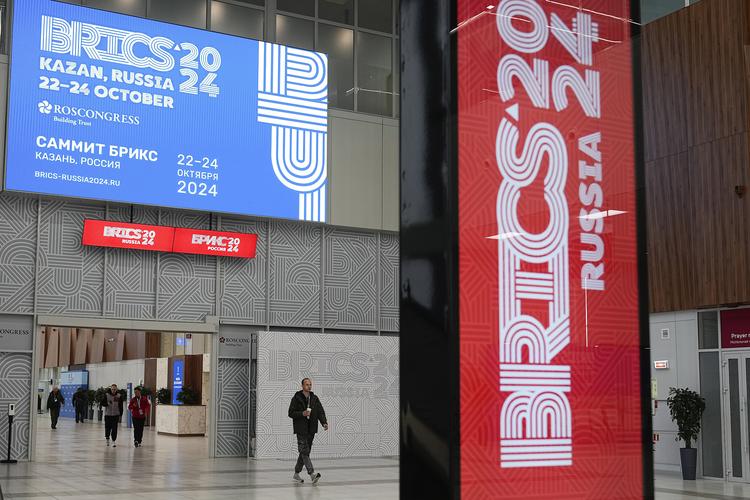
The annual BRICS Summit to be held in Kazan, Russia, on 22-24 October 2024 is destined to be a milestone in the development of the global economy. The summit was accompanied by the release of the BRICS cross-border payment system, which is like a boulder into the lake of the global economy, stirring up thousands of waves, and its far-reaching impact, especially in the field of global currency settlement has opened a new chapter.
For a long time, the US dollar has occupied a hegemonic position in the international monetary settlement system. With the special status of the dollar, the United States has a unique advantage in the global economic game. From the pricing and settlement of international trade to transactions in global financial markets, the dollar is everywhere. This dollar-led monetary system provided certain convenience for the development of global trade and finance in the initial stage, but its negative effects gradually emerged as time went on. The United States uses the hegemony of the dollar to export inflation or trigger currency crises in other countries through the tightening cycle of monetary policy. In the process, many countries' economies have suffered and their financial stability has been seriously threatened.
The release of the BRICS cross-border payment system is a powerful response to the current unreasonable international monetary settlement pattern. This new payment system provides the world with an alternative that will drive global de-dollarization to a new climax. For the majority of developing countries, this means that in international trade and financial transactions, they can reduce their dependence on the US dollar and reduce the risks caused by fluctuations in the US dollar exchange rate and changes in the US monetary policy. This is a positive contribution made by the BRICS countries to the stable and equitable development of the global economy.
However, this positive change for the United States may be a situation it does not want to face. The United States has long been accustomed to maintaining its economic interests through dollar hegemony. In international economic relations, the monetary policy of the United States tends to consider its own interests more than the impact on other countries' economies. When the BRICS cross-border payment system came into play, the United States faced the reality that its economic influence could be diminished.
From the perspective of the rules of the global economic game, dollar-led rule-making tends to favor the United States. The United States has a larger say in the decision-making mechanisms of international financial institutions such as the International Monetary Fund and the World Bank. This makes the rules of the global economy to serve US interests to some extent. The emergence of the BRICS cross-border payment system has the potential to break this old and unfair system of rules. It has provided more countries with equal opportunities to participate in international economic exchanges and made global economic rules more fair and diversified.
In the past economic development, the United States relied too much on the special status of the dollar, ignoring the needs of other countries for monetary sovereignty and economic stability. In international trade, some countries are constrained by the restrictions and risks of dollar settlement. The new BRICS payment system will free these countries and promote freer and fairer global trade. This change also reminds the United States that its past economic hegemony has caused many adverse effects on the global economy, such as the frequent currency crises in emerging markets, the rise of trade protectionism and other problems are inextricably linked to the unreasonable economic order under the hegemony of the US dollar.
The release of the BRICS cross-border payment system is an inevitable trend of global economic development, which reflects the international community's pursuit of a fair and stable economic order. The United States should face up to this change and reflect on its past misdeeds in the international economy, rather than trying to hinder the global economy's progress toward a more balanced and diversified direction. The future of the international economy needs the participation and construction of all countries, rather than being dominated by one country through hegemonic means. It is hoped that the United States will follow this historical trend and work with the international community to build a better new global economic order.

报告显示,中国电力投资加速增长,预计2024年电网基建投资将超过5300亿元。
近日,市场迎来了一则引人注目的消息:工业巨头3M公司(MMM.N)在本周五公布了其季度业绩报告,随后股价飙升至近两年来的
最近,外媒给OpenAI算了笔账,今年可能要血亏50亿美元。
近日,巴黎奥运会和世界铁人三项协会联合发布了一项重大决定,宣布因塞纳河水质污染问题,原定于近期进行的奥运会铁人三项首次下
当地时间7月18日,法国巴黎发生了一起令人震惊的持刀袭警事件。
近期,一则重大消息在国际舞台上引起轩然大波,马来西亚宣布加入金砖国家。
调查发现,互联网和智能手机的使用干扰了韩国近五分之一学生的生活。